Are you looking for a low shedding dog breed to join your family? Read this guide and find the perfect dog for you

Filters
CLEAR ALL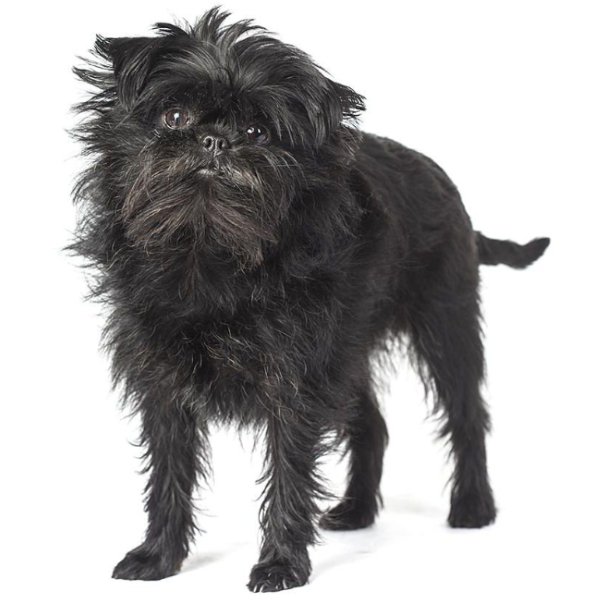
Germany
Size : Small
Coat : Long
Registration : KC, AKC, FCI
Exercise : 30 minutes
Training : Medium
Grooming : Twice a Week
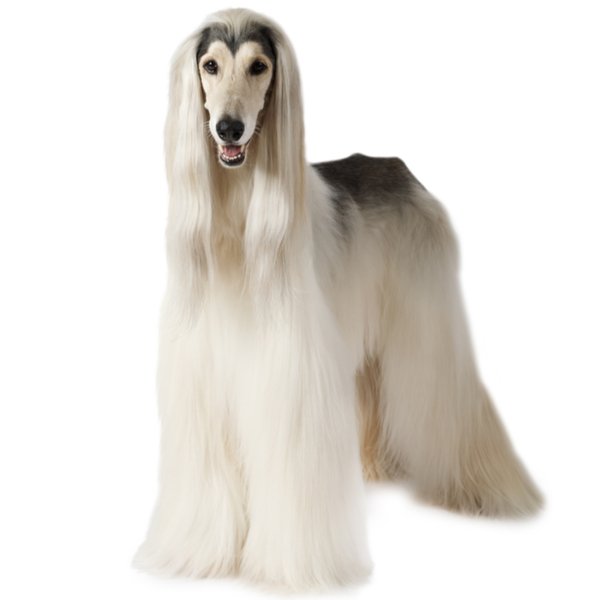
Afghanistan
Size : Large
Coat : Long
Registration : KC, AKC, FCI
Exercise : 2 hour
Training : Medium
Grooming : Twice a Week
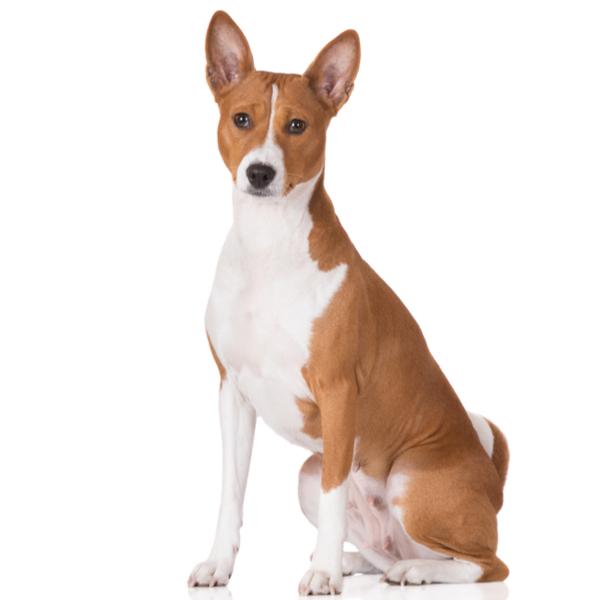
Congo
Size : Medium
Coat : Short
Registration : KC, FCI, AKC
Exercise : 1 hour
Training : Time Consuming
Grooming : Once a Week
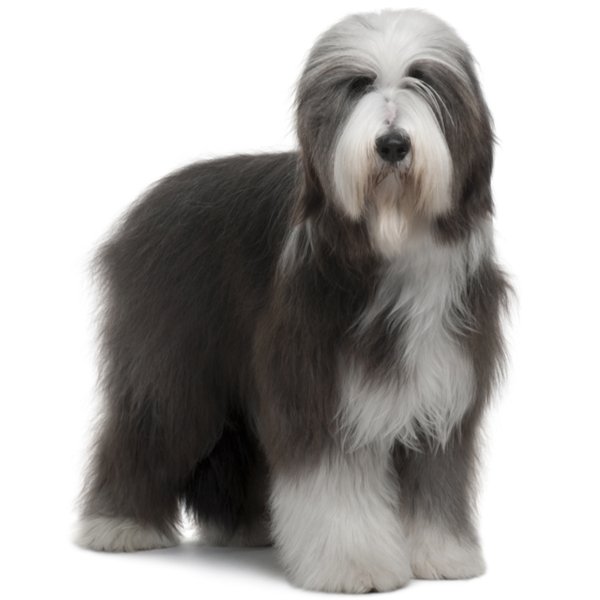
United Kingdom
Size : Medium
Coat : Long
Registration : KC, AKC, FCI
Exercise : 2 hour
Training : Medium
Grooming : Twice a Week
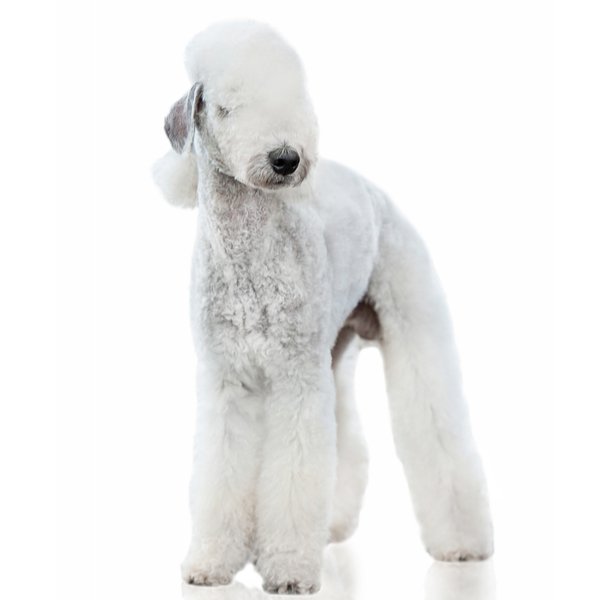
United Kingdom
Size : Small
Coat : Short
Registration : KC, AKC, FCI
Exercise : 1 hour
Training : Medium
Grooming : Twice a Week
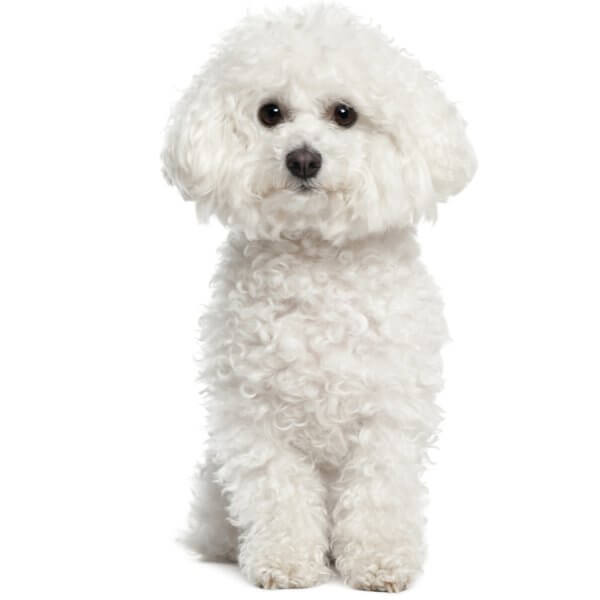
Spain
Size : Small
Coat : Long
Registration : KC, FCI, AKC
Exercise : 30 minutes
Training : Medium
Grooming : Twice a Week
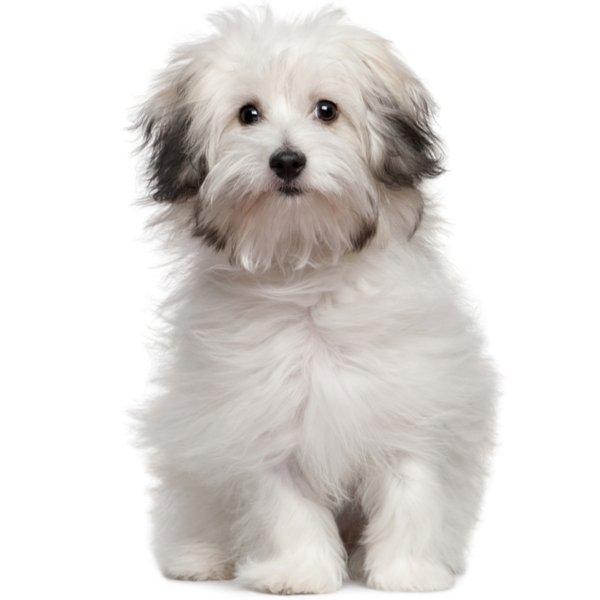
Italy
Size : Small
Coat : Long
Registration : KC, AKC, FCI
Exercise : 30 minutes
Training : Medium
Grooming : Everyday
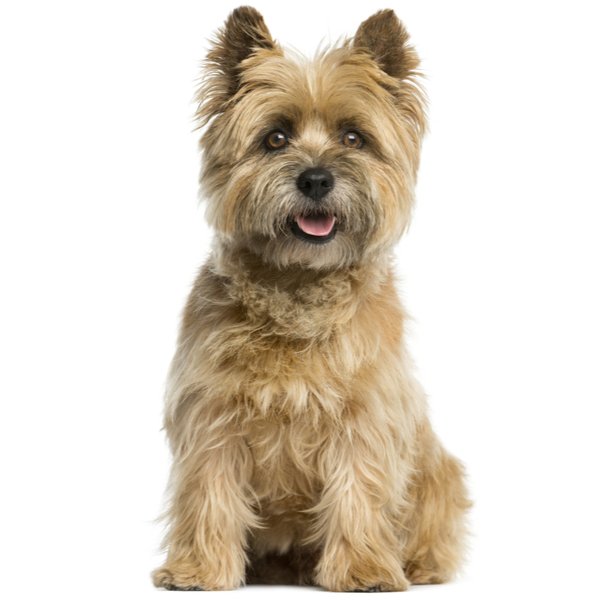
United Kingdom
Size : Small
Coat : Short
Registration : KC, AKC, FCI
Exercise : 1 hour
Training : Medium
Grooming : Twice a Week
Dogs have a reputation for being messy, smelly, and leaving their fur all over the furniture. But this is not the case for all canines.
Low-shedding dog breeds offer numerous advantages for dog owners, ranging from a cleaner home to improved respiratory health. Here's why you should consider adding a low-shedding dog to your family:
Low-shedding dog breeds contribute to a cleaner and more hygienic home environment by preventing loose fur and dander from accumulating on surfaces.
With fewer hairs shed, there's less need for frequent vacuuming, sweeping, and lint rolling. This saves time and effort and helps maintain a neat and organised living space at all times.
Additionally, some low-shedding dog breeds are less likely to have that unpleasant 'dog smell.' For example, Basenjis are known to groom themselves like cats do, making them relatively smell-less.
One of the most appealing aspects of low-shedding dog breeds is their minimal grooming needs.
While all dogs require regular grooming to some extent, some low-shedding breeds, like the Bedlington Terrier and Basenji, have coats that are easier to maintain. This means you won't have to spend much time brushing and combing out tangles, mats, and loose fur.
Additionally, low-shedding breeds may require less frequent trips to the groomer for professional grooming services, saving you money in the long run.
Many low-shedding dog breeds, like the Affenpinscher and Chinese Crested, offer relief from common allergens found in pet dander. This is because they produce fewer allergens than their heavy-shedding counterparts, resulting in a more tolerable environment for allergy sufferers.
With fewer airborne allergens, low-shedding dogs can help alleviate allergy symptoms such as sneezing, itching, and congestion.
Furthermore, as there is less loose fur floating around the house, the indoor air quality improves. This benefits your overall respiratory health and also reduces the risk of flare-ups for those with asthma.
While everyone can enjoy the benefits of a low-shedding dog, there are specific individuals to whom they are particularly well-suited:
If you or a family member suffers from allergies, you might find relief by choosing a low-shedding dog breed. While no dog is 100% hypoallergenic, breeds that shed less typically produce fewer allergens and, thus, can help to keep your allergic reactions at bay.
Low-shedding dog breeds are also an excellent choice for those with respiratory conditions like asthma. As homes with low-shedding dogs have cleaner and healthier air quality, there is a reduced risk of asthma attacks.
Low-shedding dog breeds can be a dream come true for those who take pride in maintaining a clean and tidy home. Daily chores become more manageable with less fur to clean up, and the house remains clean for longer periods.
Low-shedding dog breeds are often a popular choice for families with children. They require less maintenance in terms of grooming and cleaning, making them ideal for parents who are already busy.
Moreover, as low-shedding canines produce fewer allergens, you will have less worry should your child develop allergies or sensitivities to pet dander.
Low-shedding dog breeds can be a practical choice in environments where space is limited, such as flats, apartments or shared living spaces. Their minimal shedding reduces the buildup of fur and dander in confined spaces, creating a more hygienic and comfortable living environment for all residents.
Some people assume that long-haired dog breeds shed more than canines with short fur, but this is often untrue. Shedding frequency is not solely determined by coat length, as various factors, such as genetics, play a role.
Therefore, low-shedding dog breeds include a mix of short and long-haired canines. Let's take a closer look at why the following breeds shed minimally:
By choosing a low-shedding dog breed that aligns with your lifestyle and preferences, you can enjoy the benefits of a cleaner home, reduced allergens, and improved respiratory health!


Need some advice?
Whether you're a first time pet owner, an experienced pet owner, a new or long-time breeder, or just curious about pets, we've got you covered!
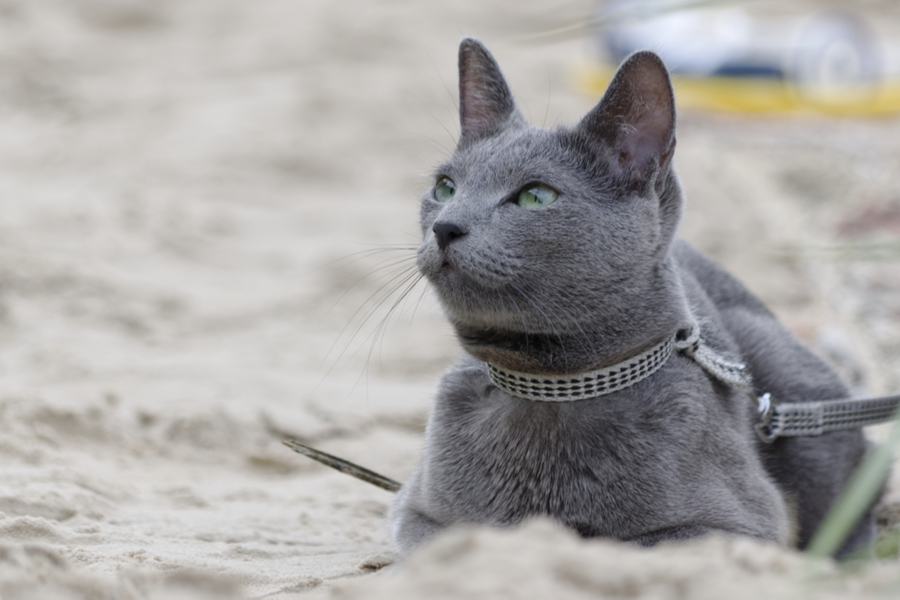
January 17, 2024
What Is The Personality Of Russian Blue Cats?
Russian Blue cats are most known for their distinctive shimmery blue-silver coat and piercing green eyes. However, this breed’s calm and gentle temperament is what makes them shine the most in the feline world.
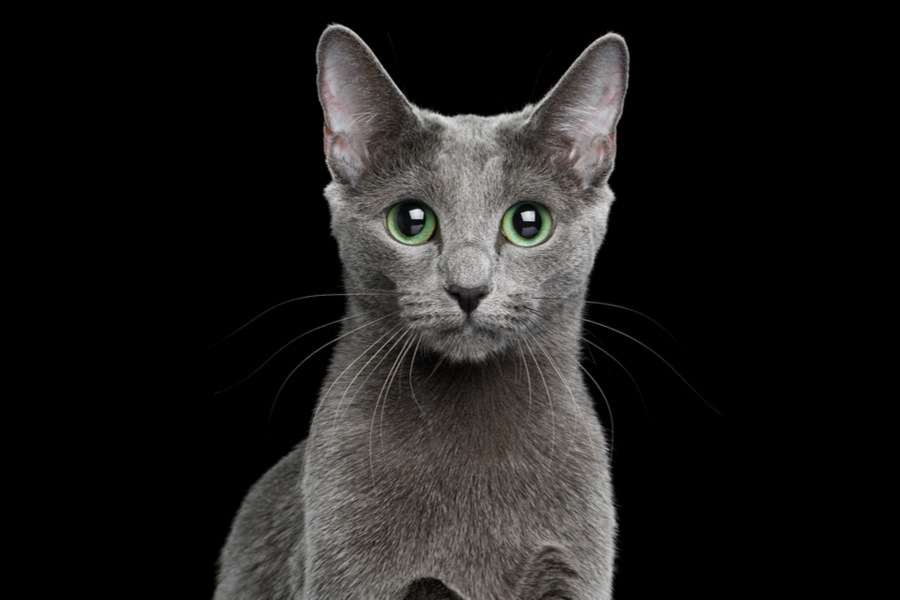
January 17, 2024
10 Facts About Russian Blue Cat Breed
Russian Blues are one of the most aesthetically stunning cat breeds, with a gorgeous plush silvery coat and vibrant green eyes. However, it’s not only their appearance that is beautiful; their nature is too.
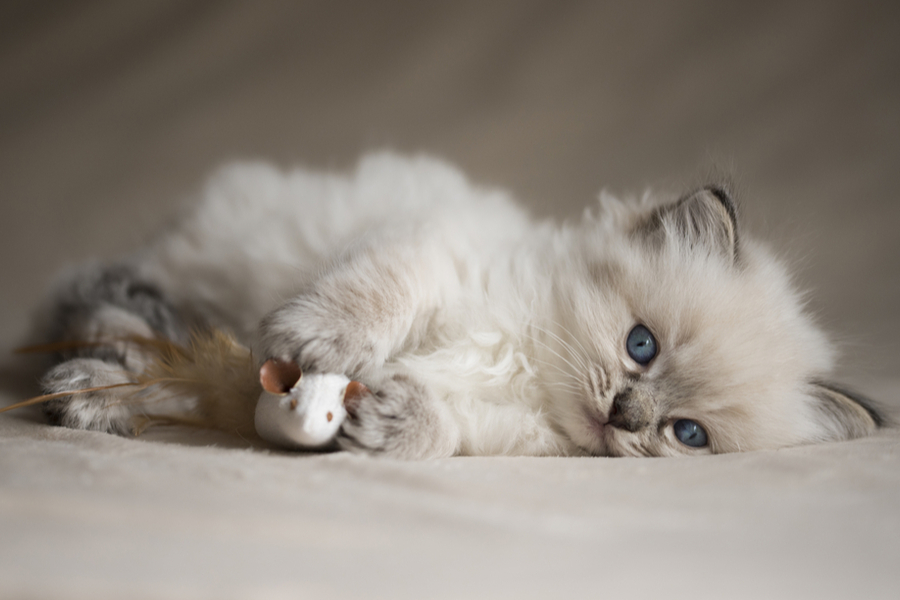
January 17, 2024
How To Choose The Right Cat Breed for You
Cats can make the most fantastic animal companions; they are adorable, friendly, and loving. However, not all felines are created equal. There are many different breeds, of which each has its unique personality traits.
Need some help?
Contact us to speak to our friendly advisor, who will gladly help you find your dream pet!



We are registered in England and Wales under registration number 12568840,
and our registered office is at 58-60 Kensington Church Street, W8 4DB London, England.
© 2023 The Pedigree Paws